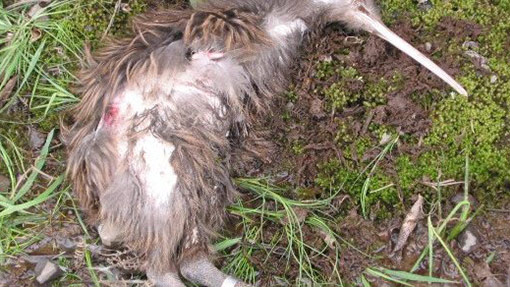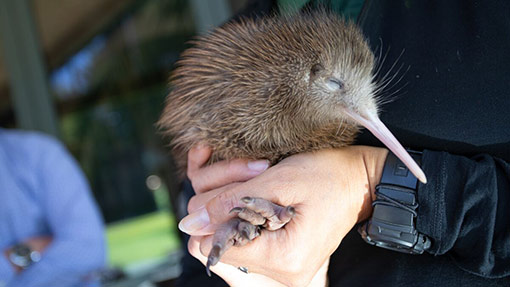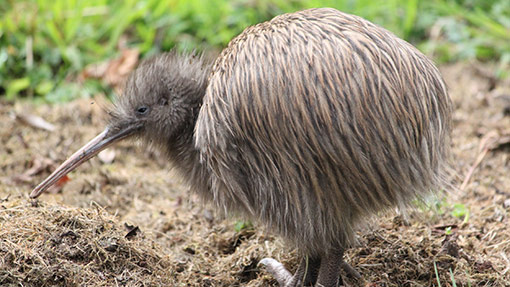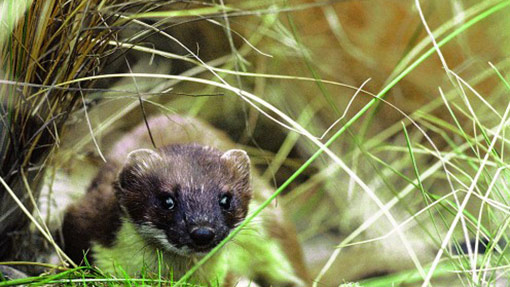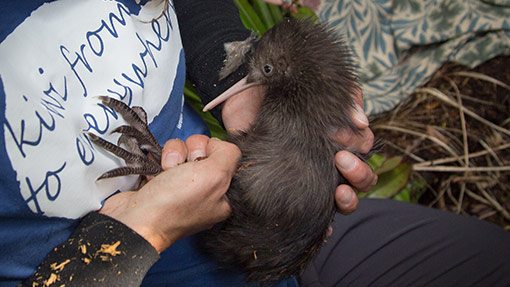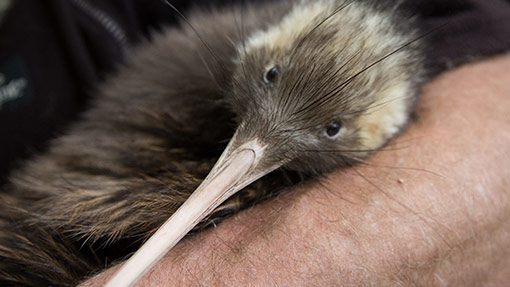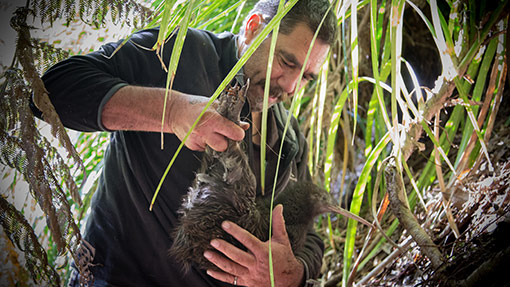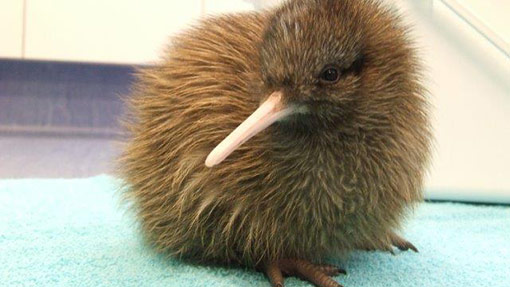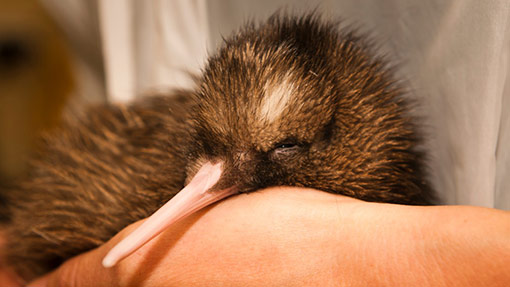
Range restriction & dwindling populations
In many of the places where kiwi were once common, they are now just a distant memory. Where kiwi are not protected from predators, the range over which kiwi are found is still in decline. Predation means too few chicks survive to replace adult birds, while ferrets and dogs can quickly wipe out adult populations.
When small remnant populations of kiwi are lost we also lose their whakapapa – their unique DNA. This may make kiwi less adaptable, and inbreeding is a risk as populations become increasingly fragmented and isolated.
However, we have the tools and ability to turn this loss around. Many projects have been able to undertake effective pest control which has seen populations rise. Kiwi are able to live in a wide range of habitats, such as production forest and farmland, as long as we protect them from dogs and other dangers. With strong community support, people and kiwi are able to live side by side.
There is urgency to act. Where kiwi are still hanging on, we can protect and rejuvenate these populations.
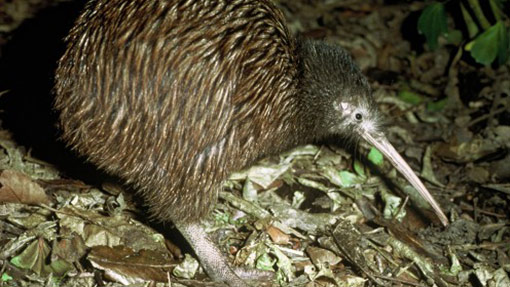
Learn more about kiwi
Kiwi species
All kiwi are the same, right? Wrong. There are actually five different species of kiwi, all with their own unique features.
Threats to kiwi
The national kiwi population is under attack from many different threats, including predators, loss of habitat, and fragmentation of species.
Where to see kiwi
Many facilities around New Zealand are home to kiwi, plus there are places where, if you're lucky, you could see one in the wild too.


